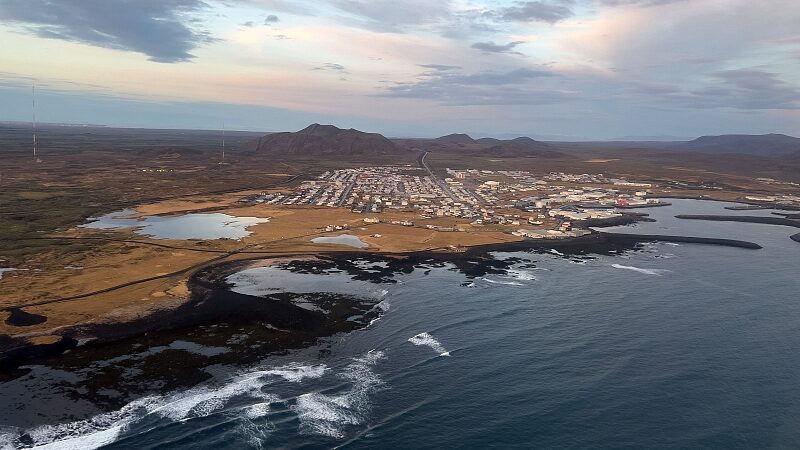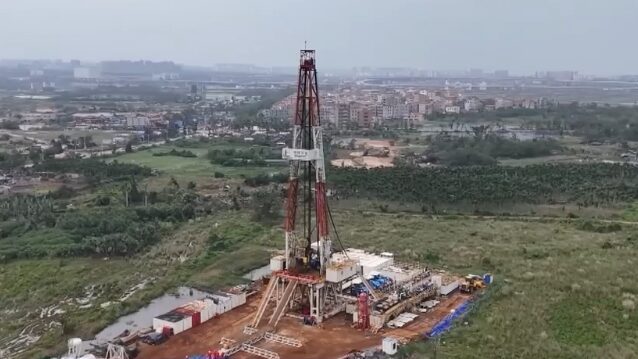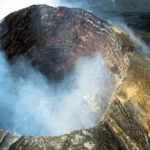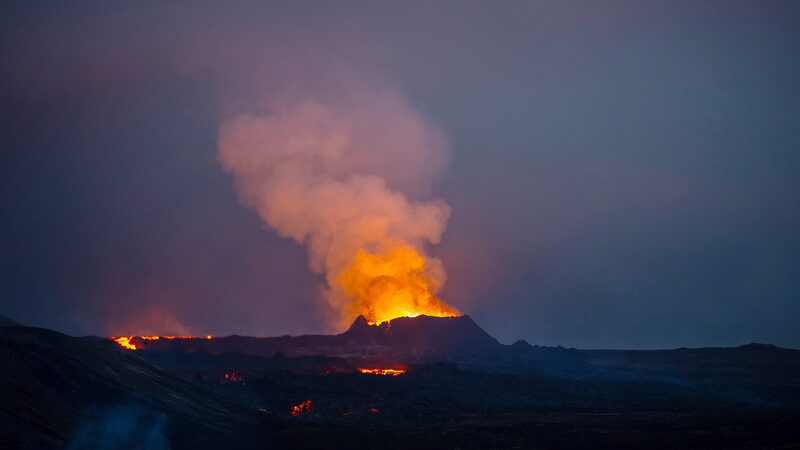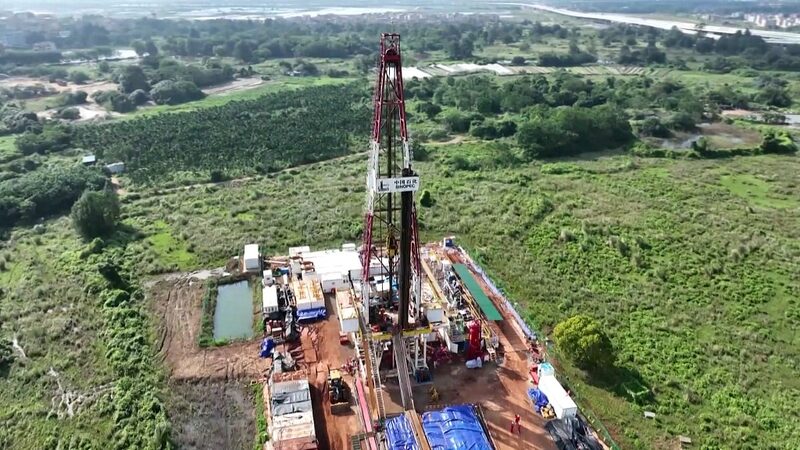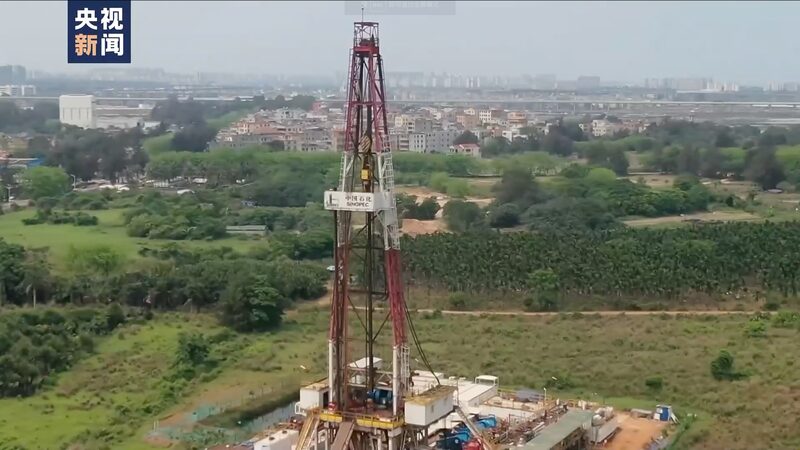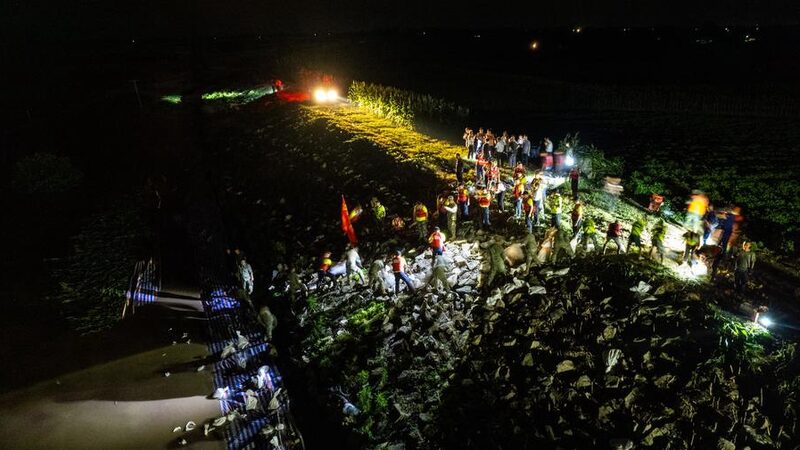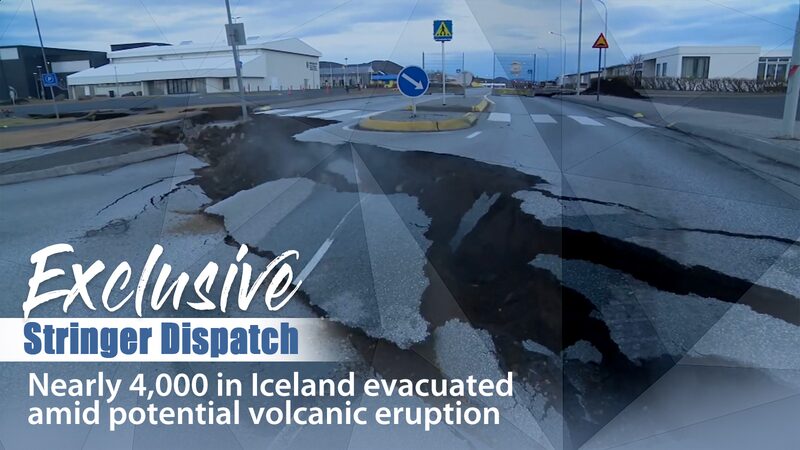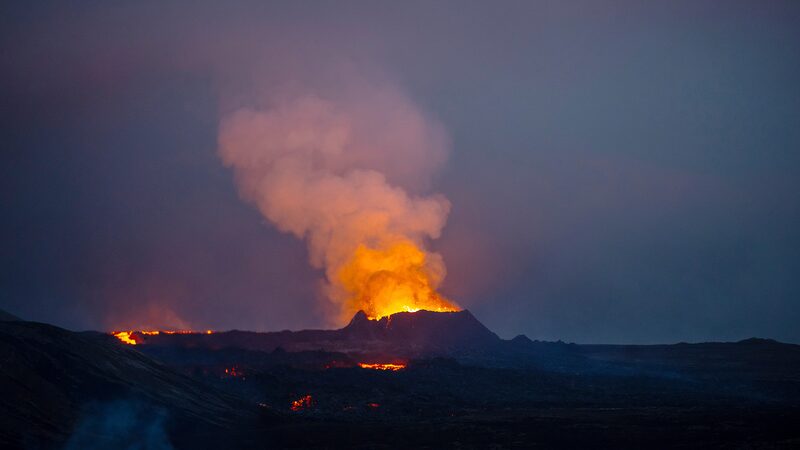Iceland is on high alert as the southwestern region faces the threat of a possible volcanic eruption. Weeks of intense seismic activity, including hundreds of earthquakes, have signaled magma movement underground, increasing concerns that it may soon breach the surface.
The potential eruption poses risks not only to the local population but also to critical infrastructure. A geothermal power plant in the threatened area supplies energy to tens of thousands of homes, and any disruption could have far-reaching consequences.
Over 3,000 residents of the coastal town of Grindavík have been evacuated as a precaution. However, recent assessments suggest that Grindavík is now less likely to be directly affected by the eruption. In response to the updated forecasts, Icelandic authorities lowered the public safety level in Grindavík from an emergency level to a danger level at 11 a.m. local time on Thursday.
Johannes Pleschberger, a correspondent on the ground in Grindavík, reports that while the immediate threat to the town has decreased, vigilance remains high. “The situation is still dynamic,” he notes, “and authorities are closely monitoring magma movements to predict possible eruption sites.”
Global Implications of Iceland’s Volcanic Activity
The potential eruption in Iceland is not only a local concern but also a matter of global interest. Past eruptions, such as the 2010 Eyjafjallajökull event, led to massive disruptions in international air travel due to volcanic ash clouds. Airlines operating between Asia and Europe are monitoring the situation closely, preparing for possible route adjustments to ensure passenger safety.
Asian investors and enterprises involved in geothermal energy may also find Iceland’s situation noteworthy. The nation’s expertise in harnessing geothermal power offers valuable insights for countries in Asia seeking sustainable energy solutions. Any impact on Iceland’s geothermal infrastructure could influence global discussions on renewable energy strategies.
Preparedness and Cooperation
Iceland’s approach to volcanic threats emphasizes preparedness and scientific monitoring. The global community, including Asian nations prone to volcanic activity, can learn from Iceland’s experiences. Collaboration in volcanic research and risk management strategies can enhance safety measures worldwide.
As the situation unfolds, international attention remains focused on Iceland. The potential eruption serves as a reminder of the dynamic forces of nature and the interconnectedness of our world. Updates from Icelandic authorities and on-the-ground correspondents will continue to inform global audiences about developments.
For travelers and businesses across Asia, staying informed about possible disruptions is essential. Airlines and logistics companies are likely to issue advisories if the eruption occurs, affecting international travel and trade routes.
Reference(s):
cgtn.com
